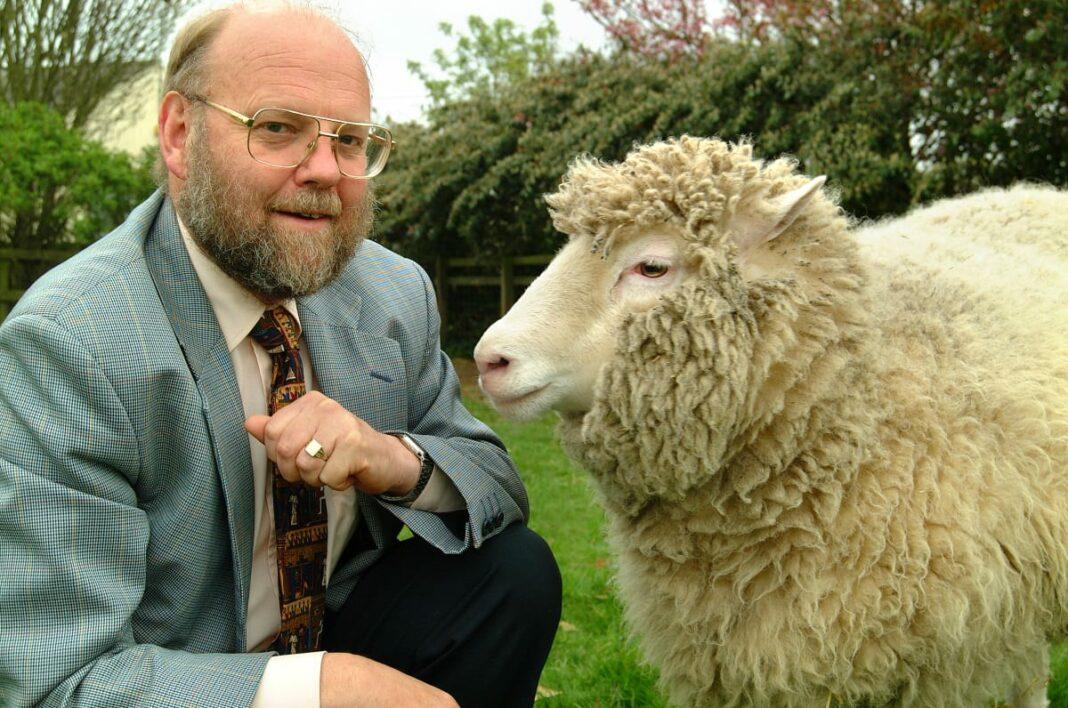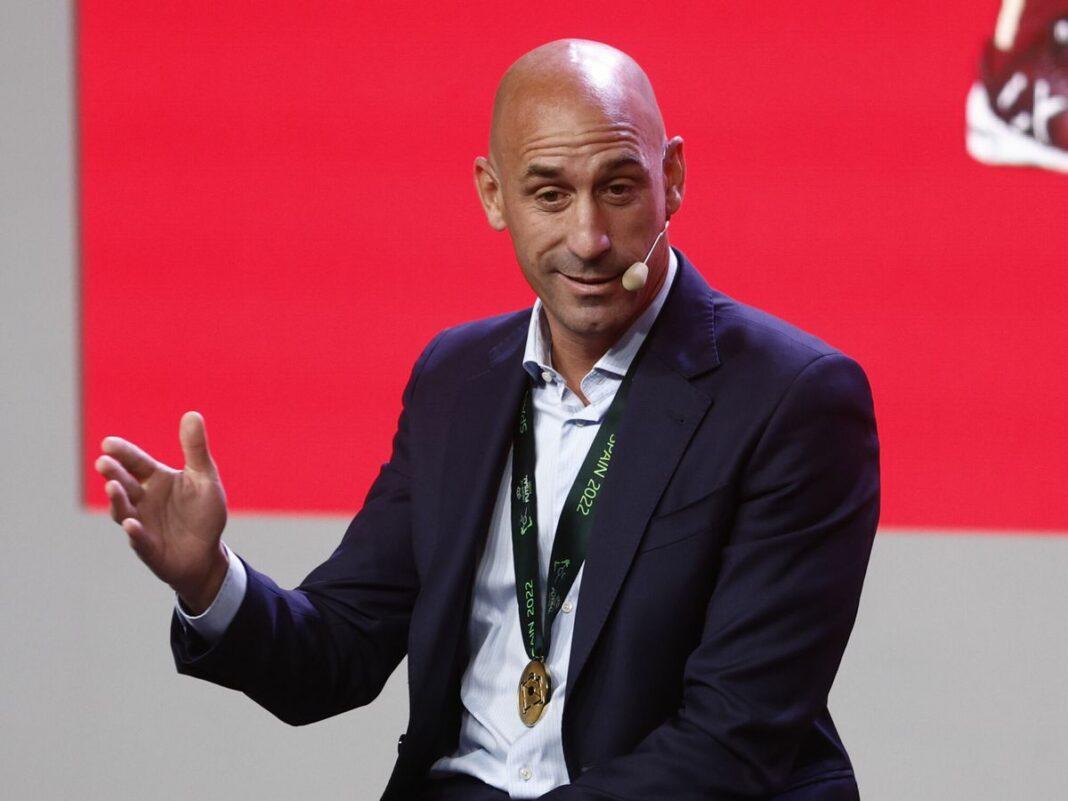Ian Wilmut, the cloning pioneer whose work was critical to the creation of Dolly the Sheep in 1996, has died at age 79.
The University of Edinburgh in Scotland said Wilmut died Sunday, 10 September 2023.

Who was Ian Wilmut ?
Sir Ian Wilmut, was a British embryologist and Chair of the Scottish Centre for Regenerative Medicine at the University of Edinburgh.
He is best known as the leader of the research group that in 1996 first cloned a mammal from an adult somatic cell, a Finnish Dorset lamb named Dolly.
He was appointed OBE in 1999 for services to embryo development[13] and knighted in the 2008 New Year Honours.
He together with Keith Campbell and Shinya Yamanaka jointly received the 2008 Shaw Prize for Medicine and Life Sciences “for their works on the cell differentiation in mammals.”

Ian Wilmut Early life and education
Ian Wilmut was born on July 1944 in Hampton Lucy, Warwickshire, England.
Wilmut’s father, Leonard Wilmut, was a mathematics teacher who suffered from diabetes for fifty years, which eventually caused him to become blind.
He was a student of the former Boys’ High School, in Scarborough, where his father taught.
Wilmut’s early desire was to embark on a naval career, but he was unable to do so due to his colour blindness.
As a school boy, Ian Wilmut worked as a farm hand on weekends, which inspired him to study Agriculture at the University of Nottingham.
In 1966, Wilmut spent 8 weeks working in the laboratory of Christopher Polge, who is credited with developing the technique of cryopreservation in 1949.
The following year Wilmut joined Polge’s laboratory to undertake a Doctor of Philosophy degree at the University of Cambridge from which he graduated in 1971 with a thesis on semen cryopreservation.
During this time he was a postgraduate student at Darwin College, Cambridge.

Ian Wilmut cause of death
Ian Wilmut died from complications of Parkinson’s disease on 10 September 2023, at the age of 79.
“We are deeply saddened to hear of the passing of Sir Ian Wilmut,” Bruce Whitelaw, the institute’s director, said in a statement Monday. Whitelaw described Wilmut as a “titan” of science and said his work in Dolly’s creation transformed scientific thinking at the time.
He said the legacy of Wilmut’s work in cloning Dolly continues to be seen.
“This breakthrough continues to fuel many of the advances that have been made in the field of regenerative medicine that we see today,” he said.
Ian Wilmut is survived by his wife, three children and five grandchildren, the University of Edinburgh said. Funeral arrangements have not yet been announced.
You are free to share this article via the various social media platforms Kindly follow us on Facebook, Instagram and Twitter.



